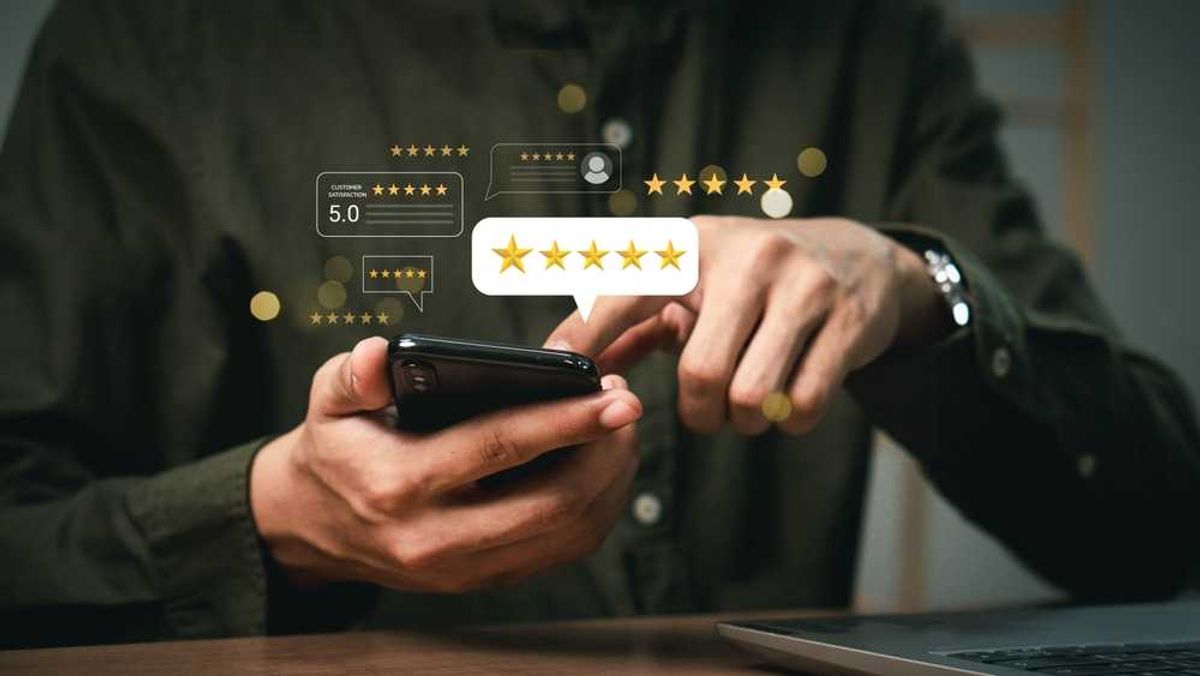
How Automation Is Transforming the Employee Experience in Latin America
Discover how purpose-driven automation frees up talent time in LATAM. Learn the key to transforming the employee experience.
By Jesús Santiago Pérez, VP Workplace Experience, Ricoh LATAM
In many organizations, employees spend a large part of their workday on administrative and bureaucratic tasks that contribute little to their development or the growth of the business. According to a global study by McKinsey, managers spend nearly half of their time on these types of tasks rather than focusing on talent management and development. This daily grind raises an urgent question: How can technology free up time for talent rather than consume it? The answer lies in purposeful automation that transforms the employee experience, not just processes.
People at the center
When automation is designed with people at the center, the benefits extend beyond efficiency. It's not just about doing more with less; it's also about improving how employees experience their work, with fewer routine tasks and less operational stress.
A Deloitte analysis shows that applying artificial intelligence to processes such as recruitment, training, and performance management is transforming the employee experience. These solutions simplify procedures, speed up access, and enable data-based conversations, not bureaucracy.
At Ricoh, we have seen that this approach frees up time for teams to focus on activities that generate value, such as innovating, learning, and creating.
End-to-end document management solutions, from capture to data analysis and processing, automate processes for greater agility and efficiency. With Ricoh Smart Flow, for instance, companies can manage their documents and enhance workflows, because:

Leadership in the Digital Age
Automation redefines the role of leaders not only in document management but also throughout the entire work environment. Rather than being task supervisors, leaders become facilitators of environments where people can grow.
This requires new skills, such as strategic thinking, digital empathy, data interpretation, and horizontal communication fostering. Some organizations are using AI to detect multifunctional leadership that was previously invisible.
In addition to helping identify leaders, automation creates space for them to develop new skills and strengthen their role.
To illustrate, consider three ways technology supports leaders:
- It reduces micromanagement by delegating repetitive tasks to automated systems, allowing leaders to devote more time to strategy and providing human support.
- It promotes transparency. With real-time data, decisions about performance and resource allocation are fairer and clearer.
- It strengthens mentoring by freeing up space for leaders to focus on inspiring, training, and guiding their teams rather than monitoring processes.
Technology does not replace human leadership; rather, it supports and enhances it.
A more Human Future in Business
At Ricoh LATAM, we collaborate with organizations to purposefully automate processes, building more human, inclusive, and resilient environments. Automation is not just an IT project, but an organizational strategy that can mean the difference between merely surviving and thriving in an increasingly demanding environment. On that path, the right support makes all the difference.
We invite companies in the region to talk to Ricoh LATAM and learn how to implement this change in their workplaces. This frees up their teams' time to focus on what really matters: enabling people to reach their full potential.














